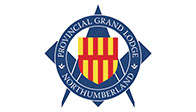
FAQs
Why become a Freemason?
People join Freemasonry for many different reasons, some join for the friendships they will make; friendships that last a lifetime and encompass the key milestones in life for better or worse. You will meet people who are different to you, those of different ages with radically different life experiences and interests, drawn together by common experience through Freemasonry.
Our members are, and have been for three centuries, drawn from all walks of life. From Captains of industry and chief executives to manual labourers and forklift truck drivers, you will find people with a wealth of different outlooks from all races, religions, classes and backgrounds.
Some enjoy the ceremonial aspects. Our meetings consist of centuries old lessons centered around you as an individual. How you live your life, the decisions that you make and how to become a better person are all found within our meetings.
Freemasons are taught to look after those less fortunate than themselves, charity is our lifeblood and many members devote their time and energy to helping those less fortunate than themselves.
We also have a huge amount of fun along the way, we eat, drink and meet together and form lifelong friendships.
What goes on in a lodge meeting?
There are three ‘degree ceremonies’ performed during masonic meetings. They are essentially one act plays and teach members how to be better people and each play represents a different stage in life.
As an ‘initiate’ or Entered Apprentice, Freemasons are taught we are all born equal, we learn that in life some do better than others and it is up to those that do well to look after the less fortunate. From this stems our belief in the importance of Charity.
The next stage is to become a ‘Fellow Craft’, where Freemasons are taught the importance of improving themselves as a person, and finally as a ‘Master Mason’, where we learn that we have but one life, and the importance of using it wisely.
The details of the ceremonies can easily be accessed online, but nothing beats experiencing it for yourself.
After the meeting, the members dine together informally to enjoy good food, good wine, and good company. And most importantly, to have fun together.
Why do Freemasons wear aprons?
The aprons stem from our historical and symbolic roots as stonemasons. Being leather, they were designed to protect them from sharp tools and rough stones. For today’s Freemasons, the apron is a mark of their membership. They are presented with a white leather apron, and as they progress, this becomes more elaborate.
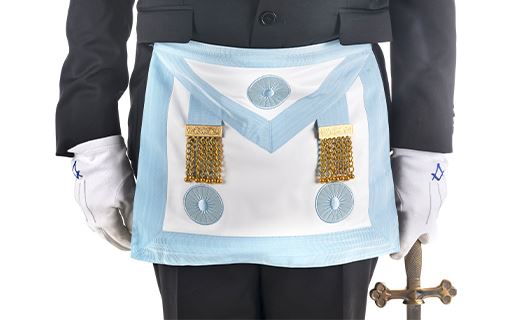
Can women be members?
Only men aged over 18 are allowed to join the United Grand Lodge of England in England and Wales.
The two leading women’s Grand Lodges, that we have the closest relationship, with are: Freemasonry for Women and the Order of Women Freemasons. These two groups only admit women because that is the choice of their memberships. Both of the women’s organisations, and ourselves, prefer to practice our Freemasonry in single sex environments. The United Grand Lodge of England regularly hires its facilities out for meetings of the two women’s Lodges due to our mutual respect and close relations.
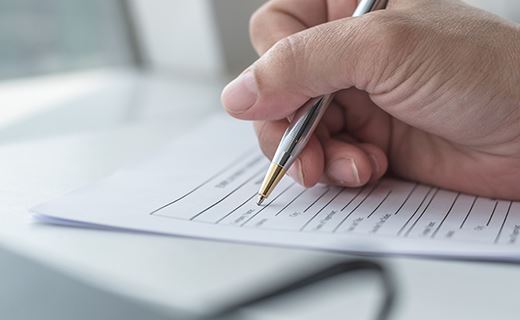
What is different about the way Freemasons give to charity?
It is the sheer scale. We are one of the biggest charitable givers in the country and gave £51.1m to charities in 2020 alone.
The Masonic Charitable Foundation, the Freemasons’ Charity – our national charitable grant giving arm, tackles some of the most significant challenges facing society, in particular, reducing loneliness in later life and ensuring a positive future for young children. We work in partnership with some of the biggest charities in the country to deliver our support.
Freemasonry also does a huge amount for medical research into treatments for cancer, diabetes, heart disease and a whole range of other conditions. In addition it makes donations to support those affected by overseas disasters as well as those at home, such as the Grenfell Tower disaster.
During the Covid Pandemic Freemasons working together to help their communities. The United Grand Lodge of England, and its members, are doing all they can to help in the fight the coronavirus.
We have seen remarkable stories from across the country of how our members came together – from helping to raise vital funds for the NHS and delivering food to the community, through to purchasing ambulances and manufacturing vital personal protective equipment (PPE). To support Freemasonry’s charitable response to the coronavirus pandemic, UGLE and the Masonic Charitable Foundation, the Freemasons’ charity, established the Freemasons’ COVID-19 Community Fund.
This Fund has helped to support a range of local and national charities and projects that are helping people through the current coronavirus pandemic, and in total has donated £3m during the pandemic.
Is Freemasonry international?
Freemasonry exists throughout the world, and the United Grand Lodge of England has Districts in many overseas countries. Our members are free to visit any of our Lodges abroad and will often find a warm welcome from fellow members who know the local country very well.
In addition to our Lodges, many other countries have sovereign grand lodges, which our members are free to visit and whose members visit us in England and Wales when travelling.
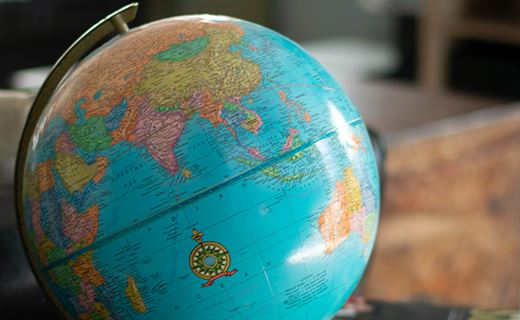
How many Freemasons are there in the UK?
The United Grand Lodge of England has 180,000 members. The Grand Lodge of Scotland has approx. 27,000 members and The Grand Lodge of Ireland has approx. 20,000 members, whilst the two female Grand Lodges in England comprise of around 5,000 members. Worldwide there are estimated to be around six million members.
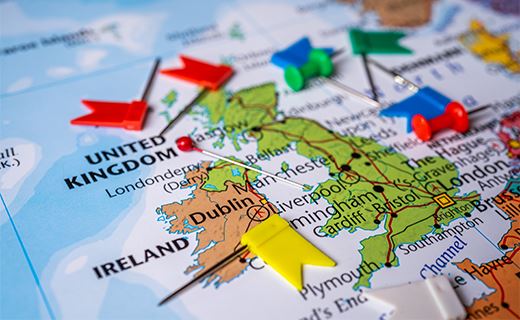
How much does it cost to become a Freemason?
On average, the annual dues and other fees amount to £200 a year, although there are local variations.
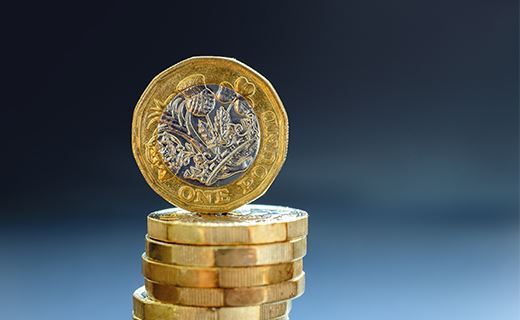
Do you have to believe in a God?
When becoming a Freemason, members are expected to be able to affirm a belief in a ‘Supreme Being’. This is deliberately phrased to be fully inclusive; most of our members generally believe in a God, be it Christian, Muslim, Sikh or Jewish etc – of some sort, and there is no requirement to be an active practitioner of any particular religion.
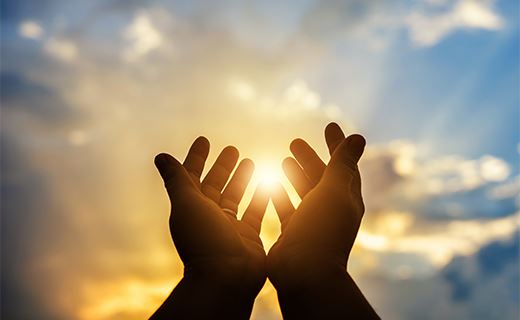
Where do we meet?
There are 26 masonic buildings in the Province of Northumberland where freemasons regularly meet on various nights. Don’t be confused though, as we meet in Newcastle and Seahouses, the ‘Province of Northumberland’ refers to the historic county lines.
